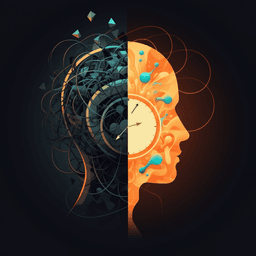
Psychology
Cognitive representations of intracranial self-stimulation of midbrain dopamine neurons depend on stimulation frequency
S. J. Millard, I. B. Hoang, et al.
This exciting study by Samuel J. Millard and colleagues delves into the fascinating world of intracranial self-stimulation (ICSS) of midbrain dopamine neurons, revealing how different stimulation frequencies affect reward motivation! Discover how a physiological prediction error at 20 Hz contrasts sharply with the robust motivational effects of 50 Hz stimulation on behavior.
Related Publications
Explore these studies to deepen your understanding of the subject.







